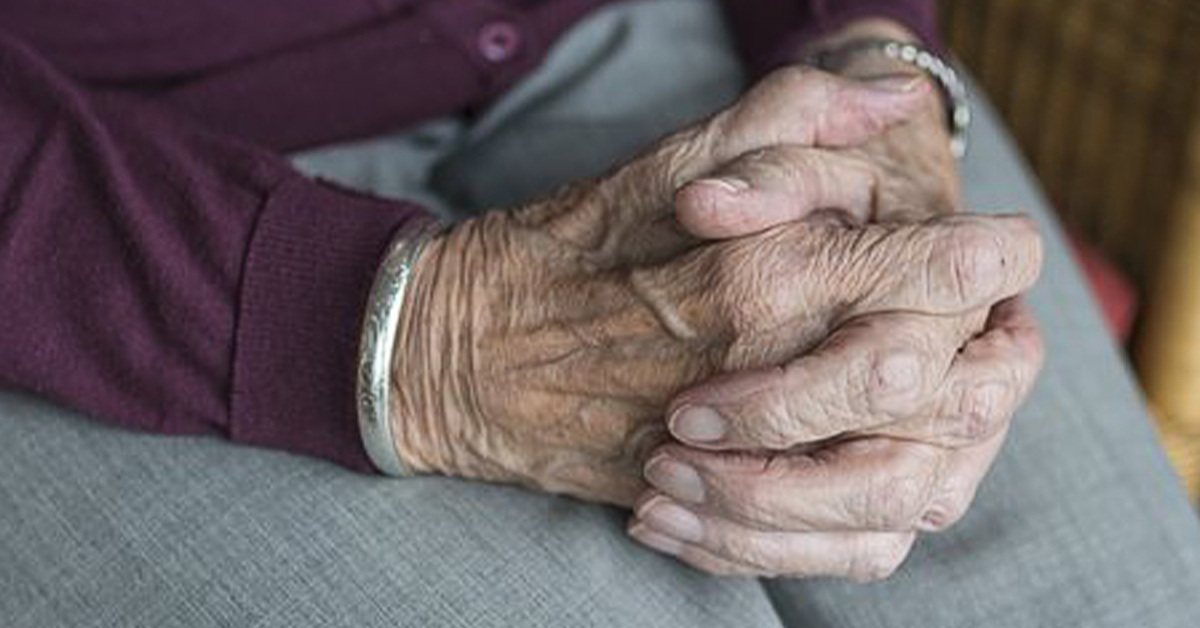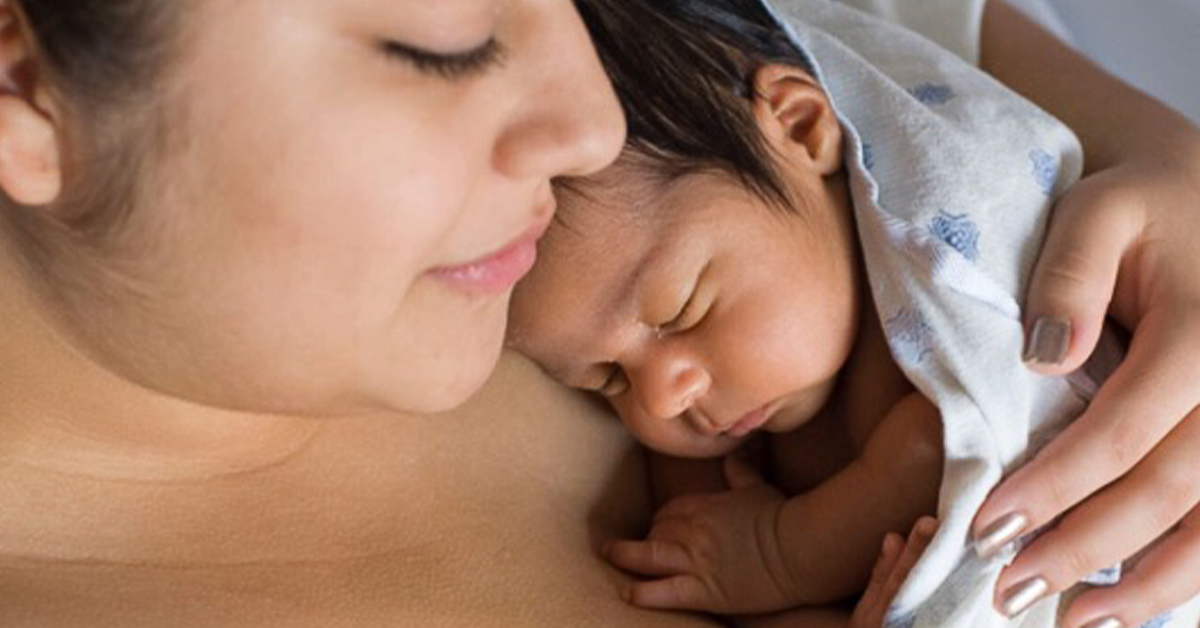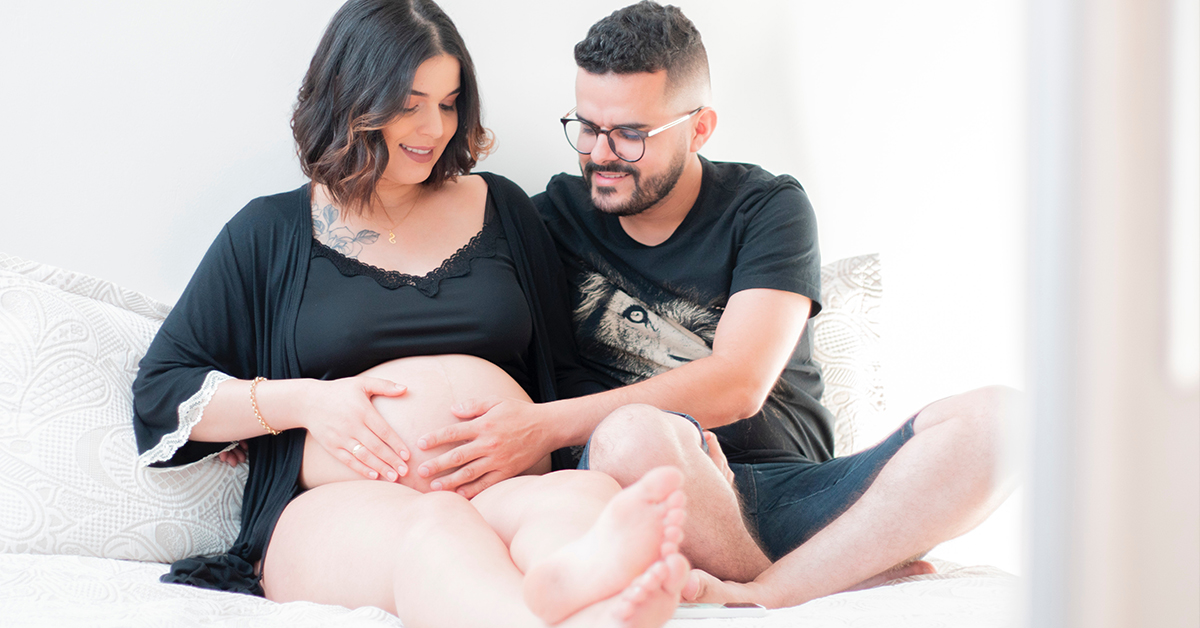
The Birth Memory
Childbirth, Doula, Labour, Support
Her usual cheery face changed and became troubled as she remembered aloud the details of her baby’s birth. Her memories were clear. Despite her ninety plus years of age, her birth recollection remained lucid and precise. She wanted to share her story and since I am always interested to hear birth experiences, it was a conversation that served us both.
Her only child was born on a wintery night at her mother’s home in a small Canadian town in the province of Newfoundland. She had married young and was pregnant within a few months of her wedding. She had no prenatal care, however, she was strong and healthy. She continued to work in the general store, lifting heavy sacks of potatoes and dried goods, never experiencing morning sickness or the other usual symptoms of pregnancy. She learned about birthing from her mother, her mother’s sisters and her cousins, several of whom would be with her while she laboured as was the family tradition. It gave her a sense of strength and comfort to know that she wouldn’t be alone. They joked with her and told her funny stories about their own labours, they shared tidbits and advice about birthing, what worked and what didn’t, how she’d feel and what to expect. This sounded a lot like the prenatal classes I teach and I told her so. This made her laugh especially when I told her that people paid for these classes.
Shortly before her baby was to be born, a new doctor came to town. The family doctor who had served the community was ill and no longer able to continue in his work. He had passed his practice on to a younger physician who would take over the medical needs of the community including delivering babies. She was disappointed. She liked the old doctor. He had delivered her and all of her cousins. This change was unsettling. She leaned forward, looked at me and said “The new one…he had a mean face.” Perhaps he did. Who knows? But she remembers that he looked mean and that is what has stayed with her.
When it came time for her baby to be born, her aunt and two cousins came to keep her company. They distracted her, took her out for a walk in the woods, they even had her carry in some logs from the outdoor woodpile. I told her that all that walking and bending and moving about was a good thing in labour. She said her aunt had told her the very same thing. “Just keep on with your work, don’t stop ’til you have to,” was the aunt’s advice.
She said that the doctor arrived when the pains were frequent and long. Sounded like good, active labour to me. She stopped talking for a bit and looked down at her hands. When she continued, her eyes filled with tears. The doctor shooed her aunt and cousins from the house and asked her mother to stay in the kitchen until he called for her. He put her into bed. He told her to stop making a fuss. He told her to be quiet. When she cried out during contractions, he told her to behave herself. She thought she was dying. She told him this and he laughed at her. She remembers the smell of his breath, the roughness of his touch, the smirk on his face. She remembers this part of her labour with humiliation and fear. To this very day, it makes her cry. Over seventy years have passed and she still remembers.
Her baby was born and the doctor left shortly afterwards. Her mother washed her body, helped her to nurse her baby, brought her tea and toast. Her cousins came and she remembers them braiding her hair and holding her while she cried. She said she remembers her body shaking and trembling. She did not feel affection for her newborn. She looked at him and felt empty. “Thank goodness for the gentle care of her family as she healed,” I thought to myself.
I wanted to cry too. I wanted to erase time and change her experience. I wanted her to know the joy of a strong, empowered birth story. It was heartbreaking to think how quickly a labour that had begun so optimistically, turned into a sad birthing memory for this dear elderly woman.
“Women’s strongest feelings in terms of childbirth, positive and negative, focus on the way they were treated by their caregivers” (Annie Kennedy and Penny Simkin).
I am a doula. I am an educator. My life’s work has been to provide birthing families with the information and support they need to have empowered, positive birth experiences. I know the above statement to be true. What matters most to a woman in childbirth is that she receives kind and compassionate care, that she is not rushed, or shushed, or treated with disregard. She needs her questions answered. She needs to feel a connection with those who are joining her on her birthing journey. She needs to laugh and cry. She needs to feel safe.
Birth is unpredictable. This is true. But when a woman receives helpful, gentle, encouraging care she has an enhanced birth experience.
A birthing woman is at her most vulnerable. Those of us who are with her must honour her vulnerability and choose language, care and touch that reflect tenderness and compassion.
After all, her birth story and her life-long memories depend on it.



